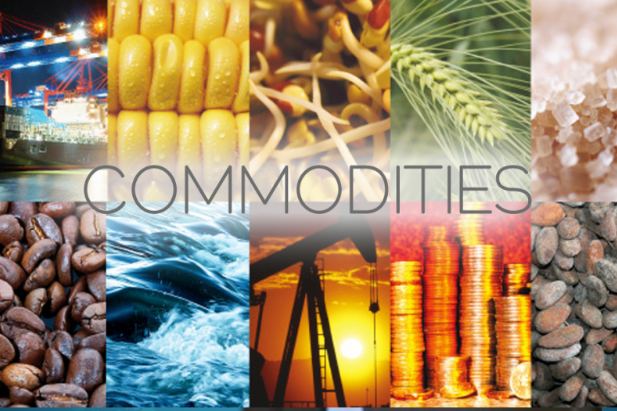Moving into 2017 after the Federal Reserve Rate Hike
Marcus TJ
Federal Reserve Rate Hike
The Federal Reserve recently announced that they were hiking up the price of target federal funds by a quarter of a point from 0.5% to 0.75% in a move that had been long expected by financial analysts. This is only the second time that the Federal Reserve have increased rates in a decade, doing so last December, as they look to put rates in line with the strengthening U.S. economy.
Plans have also been drawn up by the Federal Open Market Committee and its chair Janet Yellen for three more price hikes in the next year and 2/3 more in 2018 as they look to arrive at a 3% rate. Let’s look at the details of the rise and the affect which it might have.
The Decision
The decision to raise interest rates has been made after a series of meetings with the committee, this is the 3rd time that Yellen has tabled the idea of a rate hike since the initial rate increase in December 2015. In the past, the decision has not been unanimous as many felt that the economy wasn’t improving at the necessary rate. Following the last meeting however, all agreed that the interest rate could be increased to match inflation levels.
Good News or Bad News
On the face of it, a rising rate could appear like bad news for many but it is in fact a strong sign of a growing economy. It is important to remember that interest levels were at around 5% in 2006 and during the 80s it was as high as 10%. In that sense 0.75% doesn’t look so bad.
How the Market Reacted
As this wasn’t an unexpected move, the market didn’t spiral out of control when the decision was announced, there were some loses felt, but nothing too hard to recover from. The Dow Jones index closed at around 120 points down with Caterpillar Inc. being the biggest decliner, Nasdaq fell by almost 0.5% and the S&P 500 fell 14.6 points as the energy sector lead the fall with an average 2% drop. This was nothing out of the ordinary for the markets as any decision from the Federal Reserve to change prices will see an uncertain reaction from the market.
What Global Impacts Will This Have?
When the U.S. makes such a decision its impact is always felt throughout the world and the decision to raise rates was no different. To begin with, higher rates have meant that debt repayments on American loans will be higher as they are given out in dollar denominations. Exports from Asia and the EU to the United States will also become cheaper and the rising dollar will likely cause a buzz on the forex markets. It is also likely that investment capital will move away from Asia as many utilize the higher interest rates on the Atlantic to push for better returns.
This is just the second of many price hikes that the U.S. will see in the coming years and whilst it does tell of a stronger U.S. economy, it will be interesting to see how the markets reacts in the coming weeks and months.


